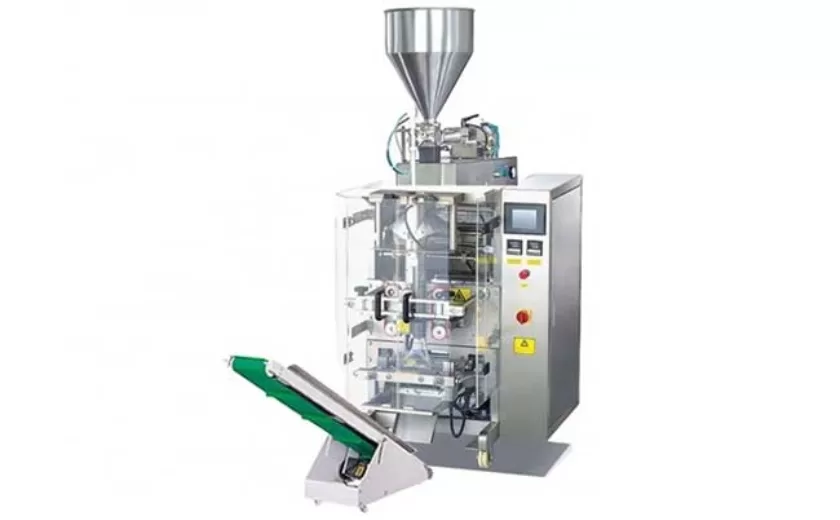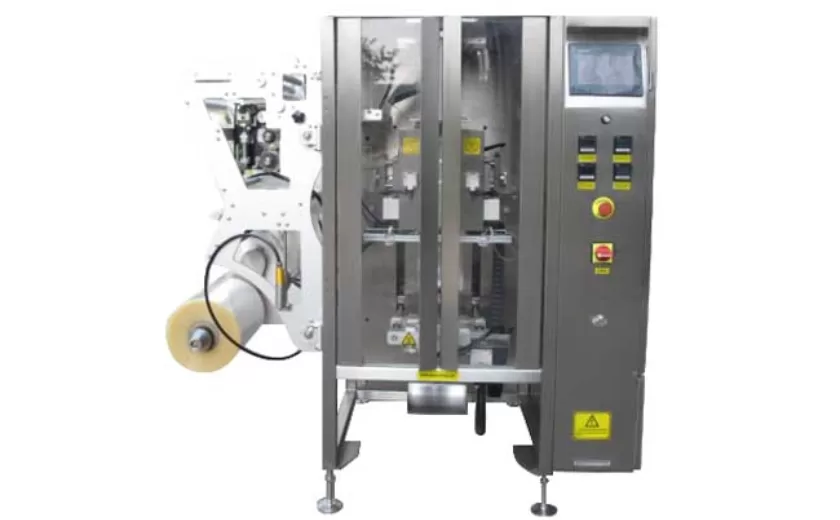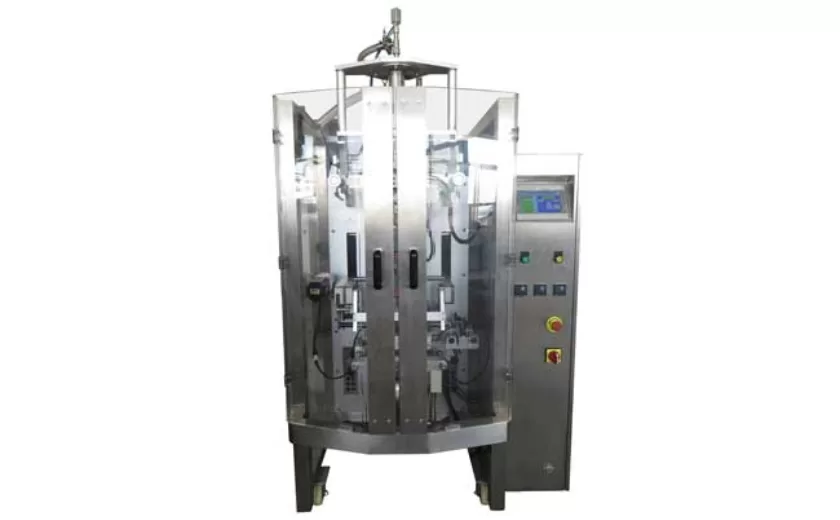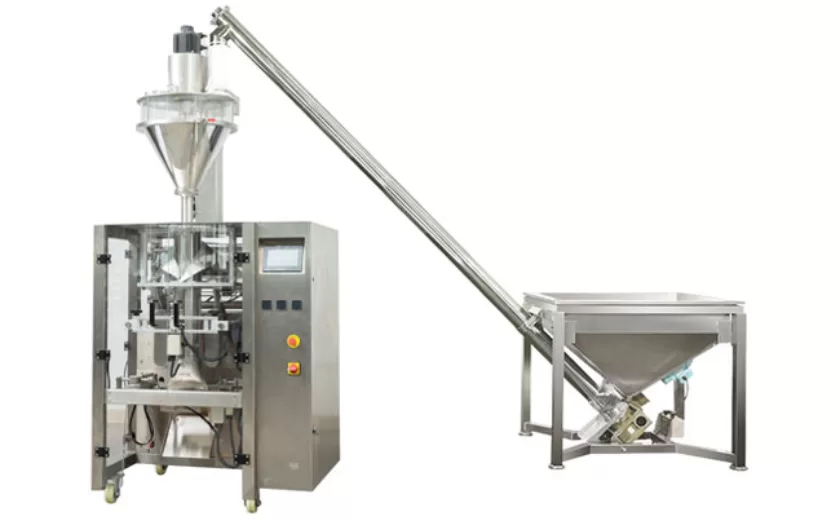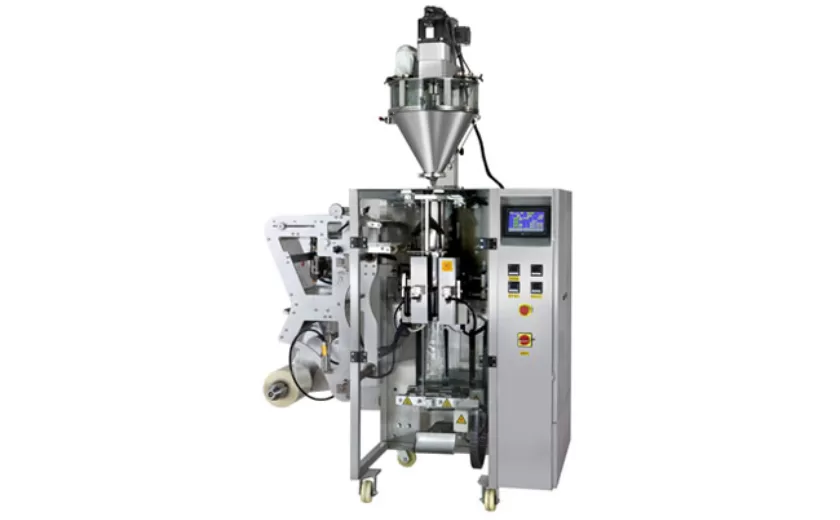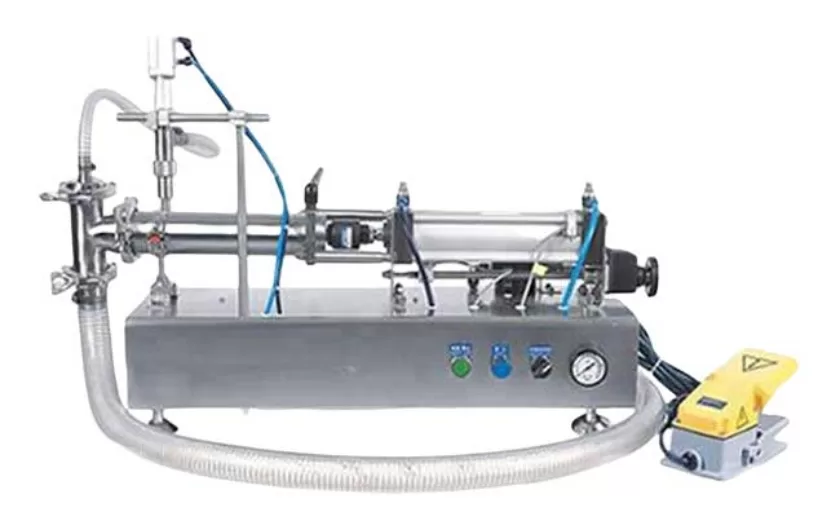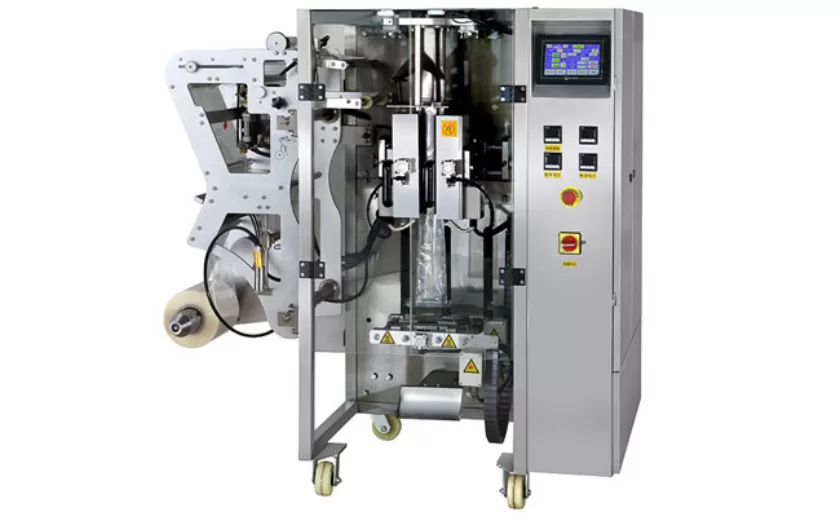Why Automation Is Key in Modern Tomato Paste Packaging Operations
Tomato paste is a staple ingredient in countless kitchens worldwide. Due to its versatility, it is a key component in sauces, soups, stews, and other dishes. To meet the growing demand for tomato paste, producers must employ efficient and modern packaging operations. Automation plays a pivotal role in these operations, offering numerous advantages that enhance productivity, reduce costs, and ensure product quality.
Increased Efficiency
Automation streamlines every aspect of the packaging process, resulting in increased efficiency. From receiving and sorting tomatoes to filling, sealing, and palletizing, automated systems operate at high speeds with precision and accuracy. This eliminates manual labor, reducing the chances of errors and delays. As a result, production volumes can be significantly increased, meeting the demands of a growing market while minimizing labor costs.
Reduced Costs
Automation not only increases efficiency but also reduces overall operating costs. By automating repetitive and labor-intensive tasks, companies can reduce their workforce, leading to long-term savings. Additionally, automated systems require less maintenance and downtime than manual labor, further contributing to cost reduction. This cost-effectiveness enables producers to offer competitive pricing while maintaining high-quality standards.
Improved Product Quality
Automation ensures consistent product quality by eliminating human error and maintaining optimal packaging conditions. Automated filling systems precisely measure and dispense tomato paste into containers, reducing the risk of underfilling or overfilling. Automated sealing systems create hermetic seals, preventing contamination and extending the product’s shelf life. Furthermore, automated handling systems minimize product damage, ensuring that tomato paste reaches consumers in pristine condition.
Enhanced Food Safety
Automation promotes food safety by minimizing human contact with the product during the packaging process. Automated systems operate in a controlled environment, reducing the risk of contamination. Additionally, automated cleaning and sanitizing programs ensure that equipment meets the highest hygienic standards. By reducing the potential for foodborne illness, automation safeguards the health of consumers.
Flexibility and Scalability
Automated packaging systems offer flexibility and scalability to meet changing market demands. Modular designs allow for easy customization, enabling producers to tailor their operations to specific requirements. As production volumes fluctuate, automated systems can be quickly adjusted to accommodate increased or decreased output. This flexibility ensures that tomato paste packaging operations can adapt to market trends and meet customer needs.
In modern tomato paste packaging operations, automation is indispensable. It enhances efficiency, reduces costs, improves product quality, enhances food safety, and provides flexibility and scalability. By embracing automation, producers can optimize their operations, increase profitability, and meet the growing demand for tomato paste while ensuring the highest standards of quality and consumer safety. As the industry continues to evolve, automation will play an increasingly critical role in the efficient and sustainable production of tomato paste, delighting consumers worldwide with its versatility and flavor.
-
Reliable Liquid Filling and Packing Machines for Modern Production
12-09-2025 -
Efficient Granule Packaging Solutions for Modern Industries
12-09-2025 -
Efficient Powder Packaging with Auger Type Filling Machines
12-09-2025 -
Efficient Liquid Packaging with Vertical Form Fill Seal Machines
03-09-2025 -
Efficient Liquid Packaging with Automatic Liquid Packing Machines
03-09-2025 -
Efficient Powder Packaging with Auger Type Filling Machines
21-08-2025 -
Optimizing Packaging with Auger Packing Machines
21-08-2025 -
Efficient Auger Packing Machines for Modern Packaging Needs
21-08-2025 -
Advanced Pouch Packaging Solutions for Modern Production Lines
13-08-2025 -
Advanced Packaging Solutions for Efficiency and Product Freshness
13-08-2025





